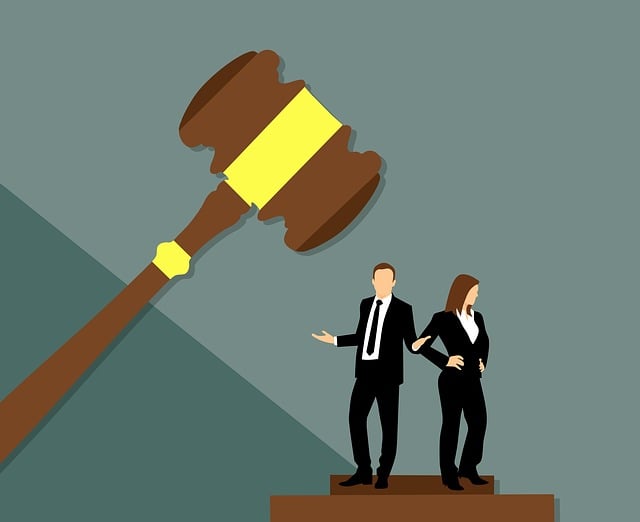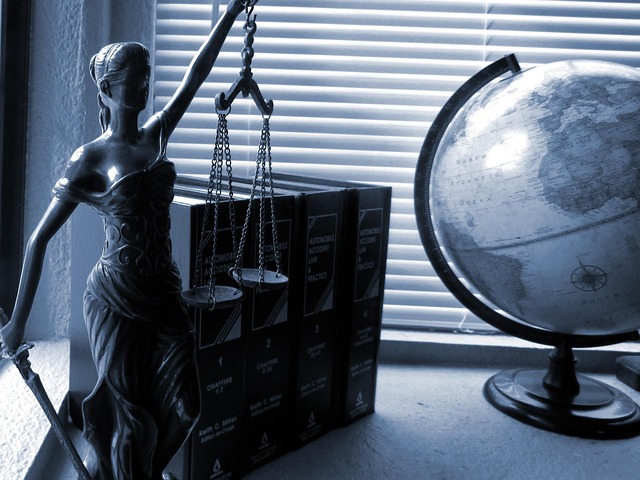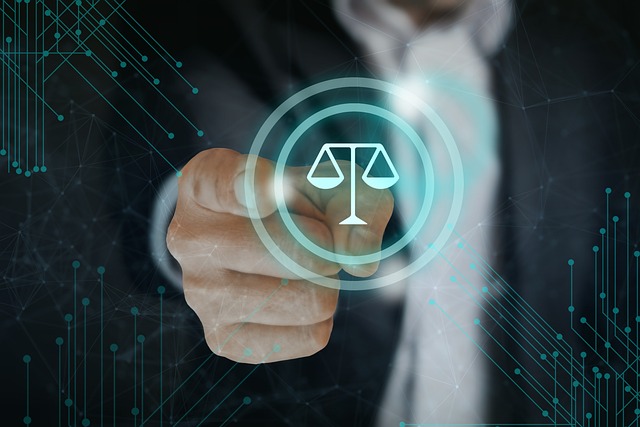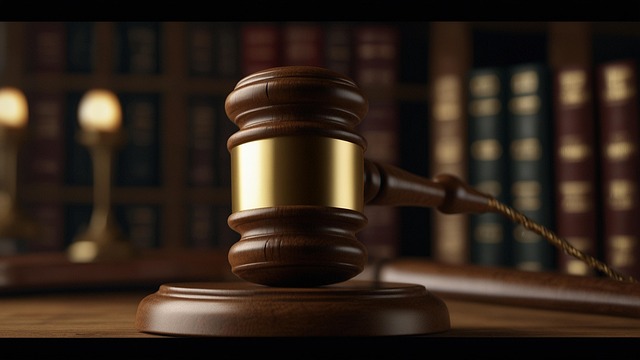Corporate crime investigations demand a deep understanding of legal frameworks and business structures to uncover illegal activities. The Criminal Procedure Appeal Process Explained is a critical component, enabling fair reviews, correcting errors, and maintaining trust in the justice system. This process, accessible to both defendants and prosecutors, scrutinizes procedural issues, biases, and legal arguments. Effective internal investigations, guided by best practices including dedicated teams, employee training, and technology, ensure unbiased, thorough inquiries while adhering to the Criminal Procedure Appeal Process Explained.
Corporate Crime Investigations delve into the complex world of white-collar offenses, where companies and individuals face legal repercussions. Understanding these investigations is crucial, especially with the evolving legal frameworks designed to combat corporate malfeasance. This article provides an in-depth look at the process, from the initial stages of understanding corporate crime to navigating the intricate Criminal Procedure Appeal Process Explained. We explore key steps, challenges, and best practices for internal investigations, offering valuable insights for professionals navigating this critical domain.
- Understanding Corporate Crime Investigations: An Overview
- The Legal Framework for Investigating Corporate Offenses
- Key Steps in the Criminal Procedure Appeal Process
- Challenges and Strategies in Corporate Crime Prosecution
- Best Practices for Effective Internal Investigations
Understanding Corporate Crime Investigations: An Overview

Corporate Crime Investigations delve into complex and sensitive matters, requiring a meticulous approach to uncover illegal activities within organizations. It involves a comprehensive understanding of business structures, legal frameworks, and the unique challenges posed by corporate environments. The process encompasses all stages of the investigative and enforcement process, from initial suspicion to final resolution.
Understanding the Criminal Procedure Appeal Process is crucial for both investigators and those represented by his clients. By navigating the various legal avenues and strategies available, individuals can ensure their rights are protected throughout the investigation. This includes knowing when to challenge an indictment or appeal a decision, thereby avoiding indictment and safeguarding against potential miscarriages of justice.
The Legal Framework for Investigating Corporate Offenses

The investigation of corporate offenses is a complex process governed by a robust legal framework designed to ensure justice and maintain integrity in business practices. This intricate system involves coordination between various agencies, including law enforcement, regulatory bodies, and prosecutors, each playing a crucial role in uncovering and prosecuting corporate crimes. The Criminal Procedure Appeal Process Explained serves as a cornerstone, providing a structured pathway for reviewing and rectifying potential legal errors during investigations and subsequent trials.
This framework is characterized by its adaptability to accommodate the unique challenges posed by corporate offenses, ensuring that justice is not only served but also reflects an unprecedented track record of effective prosecution. The process is tailored to balance the rights of both corporate and individual clients, allowing for a fair investigation while holding wrongdoers accountable. For his clients, this comprehensive legal structure offers a robust defense and ensures that the interests of all parties are considered, fostering trust in the justice system.
Key Steps in the Criminal Procedure Appeal Process

The Criminal Procedure Appeal Process Explained is a critical phase in ensuring justice for all parties involved in corporate crime investigations. It involves several key steps that aim to uphold fairness and accuracy, especially in high-stakes cases where a company’s reputation and financial stability are on the line.
The process begins with the filing of an appeal by either the defendant (company) or the prosecution, challenging the initial ruling or verdict. This is followed by a thorough review of the case files and evidence by a higher court, which assesses the legal arguments presented by both sides. A key aspect is the consideration of procedural errors, ensuring that the trial was conducted fairly within the confines of the law. The court may also examine any potential biases or misconduct that could have influenced the outcome, especially in complex white-collar defense cases. This meticulous process is designed to protect both the rights of the accused and the integrity of the legal system, making it a crucial element in managing general criminal defense strategies for high-profile investigations.
Challenges and Strategies in Corporate Crime Prosecution

Corporate crime investigations present unique challenges due to their complexity and the often intricate relationships involved. One significant hurdle is the need to navigate a web of corporate structures, financial transactions, and potential co-conspirators, ensuring that evidence is gathered meticulously and legally. The process demands an in-depth understanding of both criminal law and business practices.
Strategizing for prosecution involves a multi-faceted approach. Building a robust case requires a thorough review of factual evidence, financial records, and digital trails, often spanning international borders. Legal teams must also account for the Criminal Procedure Appeal Process Explained, ensuring that rights are protected at every stage. An unprecedented track record in securing justice for both corporate and individual clients relies on adapting general criminal defense strategies to the unique dynamics of corporate crimes, while adhering to legal frameworks and maintaining transparency.
Best Practices for Effective Internal Investigations

Effective internal investigations are crucial for any organisation looking to maintain integrity and prevent corporate crime. Best practices include establishing a dedicated, independent investigative team with expertise in both the respective business operations and criminal procedure appeal process explained. This ensures unbiased, thorough, and compliant inquiries that follow legal protocols.
Regular training sessions for all employees can significantly enhance the detection of potential issues. Promoting a culture of transparency and ethical conduct also plays a vital role. Additionally, leveraging technology for data analytics and evidence collection can streamline investigations and provide invaluable insights into suspicious activities, particularly in white-collar defense cases.
Corporate crime investigations are complex, requiring a multifaceted approach. By understanding the legal framework, navigating the criminal procedure appeal process explained, and adopting best practices for internal investigations, organizations can effectively address and prevent misconduct. While challenges persist, particularly in prosecution strategies, a comprehensive strategy that incorporates these key elements is essential to fostering integrity within corporate structures.






